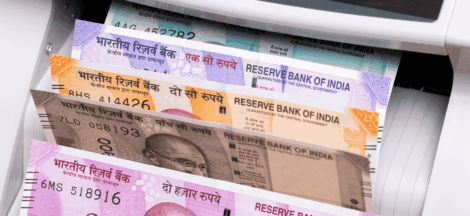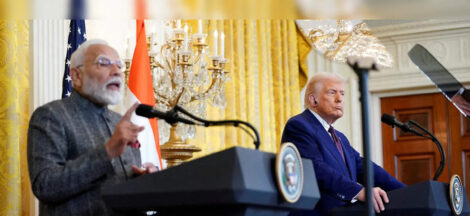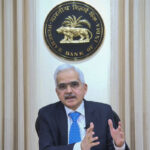NEW DELHI: After making major headway in indigenous manufacturing of semi high-speed trainsets, the government has now set in motion a process for local production of high-speed rolling stocks. The move follows the potential rise in procuring the standard-gauge coaches for India’s planned bullet train projects, including the under-construction Mumbai-Ahmedabad High Speed Rail.
According to official sources, the National High Speed Rail Corporation (NHSRC) under the ministry of railways, has floated tenders for “design, manufacture, supply and commissioning of standard gauge high-speed train-sets.”
The race for contracts for assembling the coaches, that can run at a speed of up to 250-km/hour, compared with maximum speed of 160 km/hour for Vande Bharat trains, is likely to be between state-run Integral Coach Factory (ICF) in Chennai and Bharat Earth Movers Ltd (BEML). However, sources said these entities may also look at forging an alliance for the venture or rope in a private player.
Global railway equipment makers like ABB, Alstom and Siemens are likely to be the component suppliers. The investments needed in the projects for manufacturing of bullet-train coaches would depend on the size of the projects and the technology involved, but the estimated costs of such trainsets are above Rs 460 crore/unit. Though substantial domestic value addition is being planned, these projects would still have large import content.
The proposed contracts would also include distributed power systems, and development of two prototype trainsets with 8 cars each. “This marks first-ever effort towards development of high speed trainsets in India. It’s likely that ICF could partner with BEML or a private player to jointly develop high-speed trains indigenously,” said Harshit Kapadia, VP (consumer durables, electrical & capital goods) at Elara Securities.
Some of the components used in the high-speed trains – such as propulsion sets – are not being manufactured currently in the country. “The end use of these trainsets is still not clear because these are standard gauge trainsets which are used on metro tracks. But the speed of 250 kms is not suitable for metro trains. On the other hand, railways runs most of its network on the meter gauge,” said a former railways official.
Experts said that for bullet trains which run at speeds of 300-plus kmph, the key technologies – such as those used in Japanese Shinkansen trains – don’t exist in India. A plan to procure these trains from Japan for Mumbai-Ahmedabad High Speed Rail was abandoned as costs turned out to be prohibitive.
So far, India has indigenously produced semi high-speed trainsets such as Vande Bharat and Gatimaan Express which are capable to achieving speeds of up to 160 kmph. Most of the Vande Bharat chair cars – one of the three Vande Bharat train types under service – are being produced at the ICF, Chennai. In addition, BEML is making 10 Vande Bharat sleeper trains with 16-coach configuration.
Prior to this, India’s first semi-high speed train – Gatimaan Express – which came into service in 2016 were turned out by Rail Coach Factory in Kapurthala. In March this year, railway minister Ashwini Vaishnaw said that ICF was also focussing on designing and manufacturing standard gauge Vande Bharat trains for the exports market.
Source: The Financial Express



 India’s Growth Outlook Reflects Underlying Strength Of Macro-Fundamentals
India’s Growth Outlook Reflects Underlying Strength Of Macro-Fundamentals 